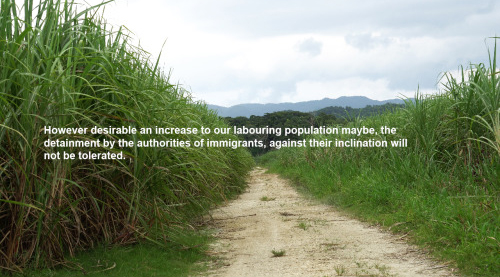A new exhibition 4th Oct – 17th Nov
A new exhibition by Marianne Keating opens tonight Tuesday 3rd of October at 6:30pm at StudioRCA. The exhibition will continue until the 17th of November. StudioRCA at Riverlight is run by the Royal College of Art as a test-bed and exhibition space for collaborating curators and curatorial agencies to engage with public audiences.
Funded by St James, part of the Berkeley Group, the space supports the long-term cultural strategy for the prestigious Riverlight development by animating the public open space, providing the first cultural offer within Nine Elms on the South Bank, and contributing to London’s wider cultural offer by drawing in the local community, visitors, residents and workers to the area. The partnership was brokered and developed by cultural consultancy Futurecity.
The series of exhibitions for 2017/18 at StudioRCA Riverlight curated by A- – -Z will explore displacement & otherness – presenting studies of deconstruction of pre-conceived/imperialist knowledge, often through the scope of science fiction, with a selection of solo exhibitions.
About the exhibition
Marianne Keating’s research implements post-colonial and archival theory to analyse the largely undocumented and unaddressed migration of the Irish diaspora to Jamaica, responding to the cultural legacies of colonialism and the human consequences of imperialism.
By focusing on the migration of the Irish during the period 1835 – 1842, she examines the creolization of the Irish in Jamaica, the fragmented identities and resulting legacies in contemporary Jamaica by narratively reconstructing this history through its archival traces.
Situating her practice within the historiographic turn in contemporary art discourse and in relation to the Archive – notably through the examination of unrecorded, private and disregarded histories – her multi-disciplinary approach to the research, the archival record and the archival image, questions the legitimacy of the archive and falsification, or lack, within the recorded image and text.
Through determining new historical narratives in response to the dominant “master narratives” of Western nationhood, identity, and culture, rewriting the histories of the dominated “Other” and returning a voice, which once was rendered mute.

